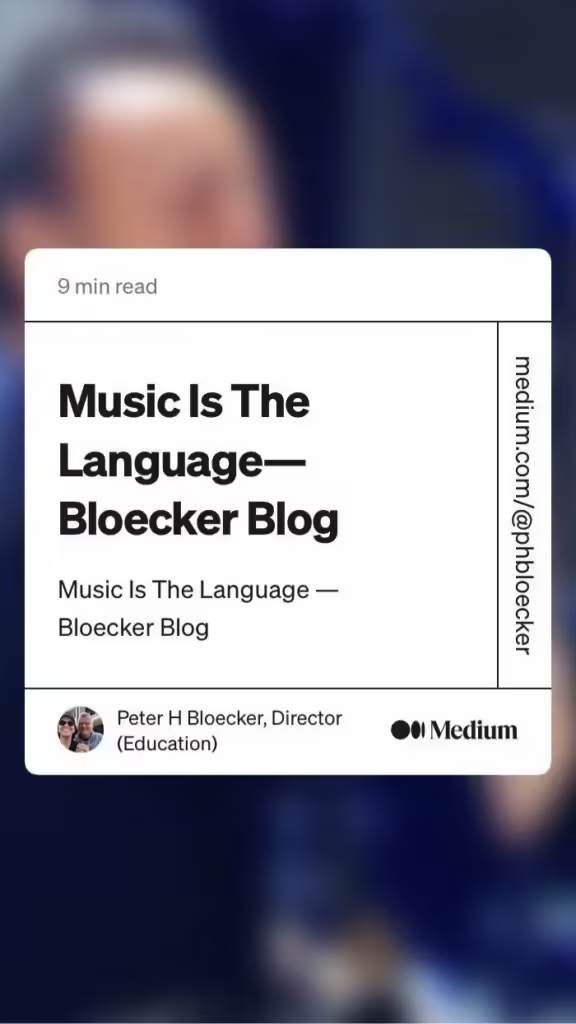Albert Einstein is often attributed with the quote, “Two things are infinite: the universe and human stupidity; and I’m not sure about the universe.” This humorous remark highlights the boundless capacity for human folly, suggesting that our propensity for making mistakes may even surpass the vastness of the universe⁴.
However, it’s worth noting that there is some debate about whether Einstein actually said this. The quote has been linked to him in various books and references, but its origin is not definitively traced back to Einstein himself¹. Regardless of its origin, the quote certainly captures a sentiment that resonates with many—reflecting on the limitless nature of the universe and the all-too-human trait of folly.
Einstein also had profound things to say about mankind’s place in the universe, often reflecting on our understanding and our ignorance. For instance, he’s quoted as saying, “Any fool can know. The point is to understand.” This emphasizes the difference between merely having knowledge and truly comprehending it².
As someone who appreciates literature and well-crafted words, you might find these reflections on human nature and our understanding of the cosmos particularly poignant. They remind us that wisdom isn’t just about accumulating facts; it’s about seeking deeper understanding and recognizing our own limitations.
Source: Conversation with Copilot, 10/7/2024
(1) Albert Einstein Quotes Stupidity 2024. https://www.uncommonquotes.com/albert-einstein-quotes/stupidity/.
(2) Two Things Are Infinite: the Universe and Human Stupidity – Quote …. https://quoteinvestigator.com/2010/05/04/universe-einstein/.
(3) Albert Einstein Quotes About Stupidity | A-Z Quotes. https://www.azquotes.com/author/4399-Albert_Einstein/tag/stupidity.
(4) Quote by Albert Einstein: “Two things are infinite: the universe and …. https://www.goodreads.com/quotes/942-two-things-are-infinite-the-universe-and-human-stupidity-and.
(5) Getty Images. https://www.gettyimages.com/detail/news-photo/german-born-american-physicist-albert-einstein-in-his-study-news-photo/104789600.
In the verdant fields of the countryside, there lived a farmer named Tom. His hands were calloused from the toil of the earth, and his knowledge of the land was unparalleled. One sunny afternoon, while Tom was tending to his crops, a professor named Sarah happened upon his farm. Sarah was a scholar of great repute, her mind a treasury of books and theories. As Sarah approached, she marveled at the vast expanse of greenery but couldn't help noticing Tom's simple methods. "Good day, sir," she greeted. "I see you work hard, but have you considered modern agricultural techniques to increase your yield?" Tom looked up, wiping sweat from his brow. "Ma'am, these hands and this old plow have fed my family for generations. I reckon if it ain't broke, don't fix it." Sarah chuckled. "But think of the possibilities! Science has much to offer, and with a little education, you could do so much more." Tom shook his head. "Education, you say? I've learned everything I need from the land itself. Can your books tell when rain's coming by the smell of the wind or when to sow by the feel of the soil?" The professor sighed, "You underestimate the value of academic knowledge. It's not just about reading; it's about understanding the world." "And you underestimate the value of practical knowledge," Tom retorted. "All the learning in the world can't teach you how to grow a single spud if you've never dirtied your hands." Their conversation grew heated, each defending their life's work. Sarah argued that without education, one could not progress, while Tom insisted that work was the true teacher. As the sun dipped below the horizon, they realized neither could sway the other. They parted ways, each believing the other foolish for not valuing their form of knowledge. Yet, as days passed, Sarah found herself pondering Tom's words, and Tom caught himself curious about the science Sarah spoke of. In time, they met again, not as adversaries but as students, eager to teach and learn from one another. The professor learned to appreciate the rhythm of the seasons, and the farmer discovered new ways to nurture his land. Through their shared wisdom, the farm flourished more than ever, and so did their friendship, rooted in mutual respect for the knowledge they once underestimated.
——-
This short story illustrates how miscommunication and preconceived notions can lead to the underestimation of others’ knowledge. It also shows that when individuals open themselves up to different perspectives, they can enrich their own understanding and achieve greater things together. 🌾📚
—-
There are no stupid students, just different intelligences like farming, building houses or roofs or Empires.
Learn from your friends and local heroes all over the planet.
———+++———
Anekdote zur Senkung der Arbeitsmoral
Author Heinrich Böll
Was ist eine Anekdote?
Genre
More here soon like …
Kafka understood and Modern Literature | Since 1900.
Author: Peter H Bloecker
Go to Profile
Contact Form


————
You must be logged in to post a comment.